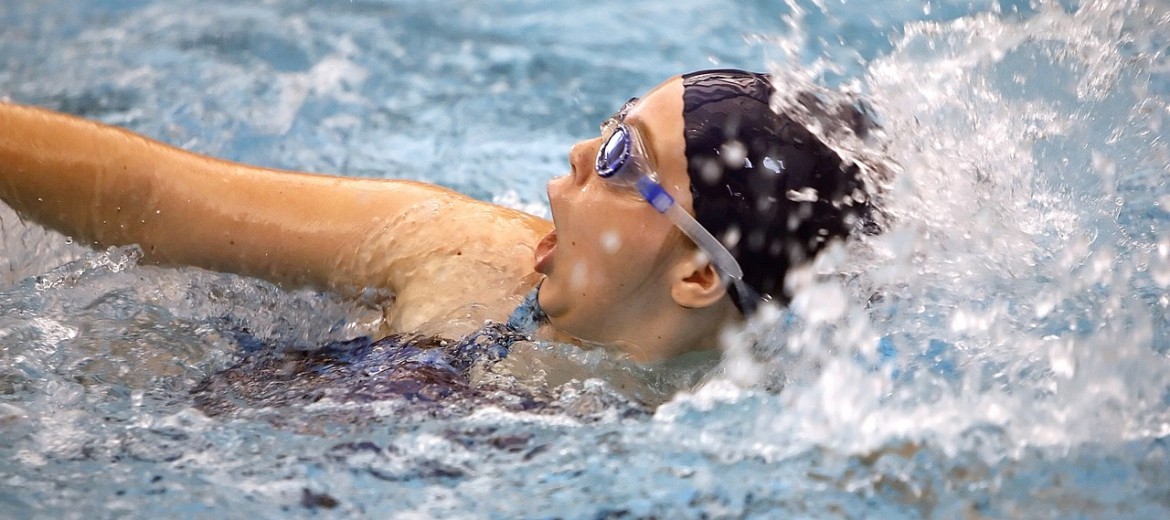The name swimmer’s ear can make one think is condition is only for swimmer’s, but that is not the case. Swimmer’s ear often occurs from a bath, taking a shower, or to a person who lives in a hot, humid climate. Otherwise known as otitis externa, swimmer’s ear can occur when trapped water and moisture gets built up in the ear canal for a prolonged period. Bacteria then grows on the skin of the outer ear and ear canal which leads to an infection. Now that it’s summertime, the conditions are perfect for a case of swimmer’s ear. This condition is not something you want to develop, as it’s painful and will keep you out of the pool. The symptoms often include redness, swelling, soreness, itchiness, pain, vertigo, and pus drainage from the ear. Luckily, this condition is easy to prevent.
Don’t let a case of swimmer’s case run your summer. Have fun this summer and stay in the water by following these simple swimmer’s ear prevention tips.
1. Tilting your head side to side also helps drain out any excess water. Do this every time you get out of the water.
2. When you get out of the water and have removed any excess water, make sure to towel dry your ears.
3. Use this tip with extreme caution and keep some distance. You can use a hair dryer on it’s lowest setting to alleviate moisture. Make sure you hold it at least 12 inches from your ear.
4. Medicated ear drops are available that help absorbs any excess water. You can also use a mixture of 1 part rubbing alcohol to 1 part white vinegar to help promote drying and prevent bacteria growth. However, if you suspect or have a ruptured ear drum do not put anything into your ears.
5. Use swimming earplugs when swimming. Earplugs are especially important when swimming in rivers and lakes due to the higher bacteria content. Don’t use the traditional foam plugs, instead, get a pair designed for water.
6. Use a shower or bathing cap if you are not washing your hair.
7. Improperly cleaning your ears can damage your ear canal and make it more prone to infection. While having too much or too little ear wax can cause problems, ear wax plays a vital role in preventing swimmer’s ear. Ear wax can repel the water and lower your chances of developing this painful condition.
8. Avoid cutting or scratching your ears, as this is an infection waiting to happen.
9. If you have allergies, seborrhea, or eczema make sure you are getting treated by your doctor. If you have dry, flaky, and itchy skin, you are more likely to get swimmer’s ear.
10. Use cotton balls or ear plugs when you are using hairspray or another irritating chemical. These chemicals can make you more susceptible to infection, so keep them out of the ear canal.
11. Hearing aids can push earwax further into the ear canal, so if you wear a hearing aid make sure you remove it as much as possible. They can create moisture on hot days, so take them out, so your ear has a chance to dry out.
12. If you own a pool or hot tub, check the disinfectant and pH levels at least twice a day. If these levels are off, the likelihood of germs spreading is much higher.





